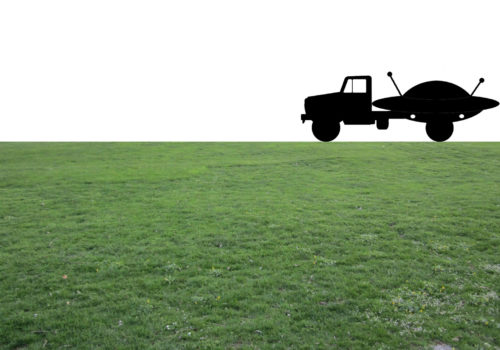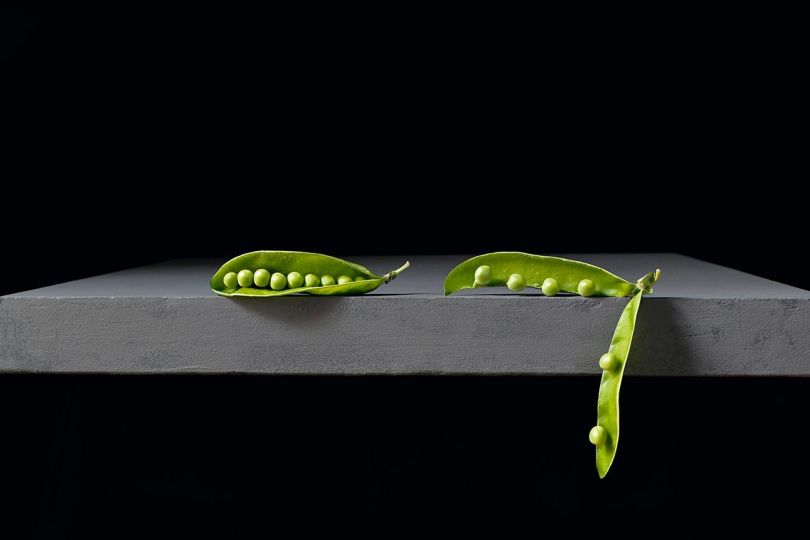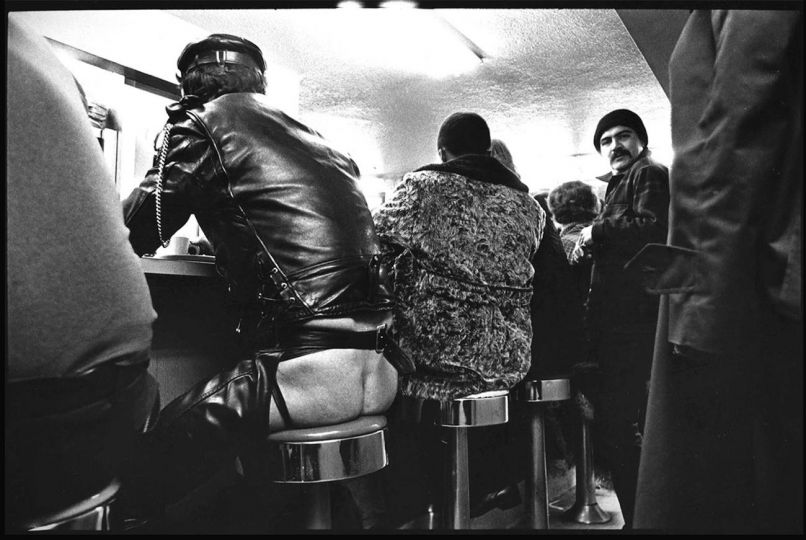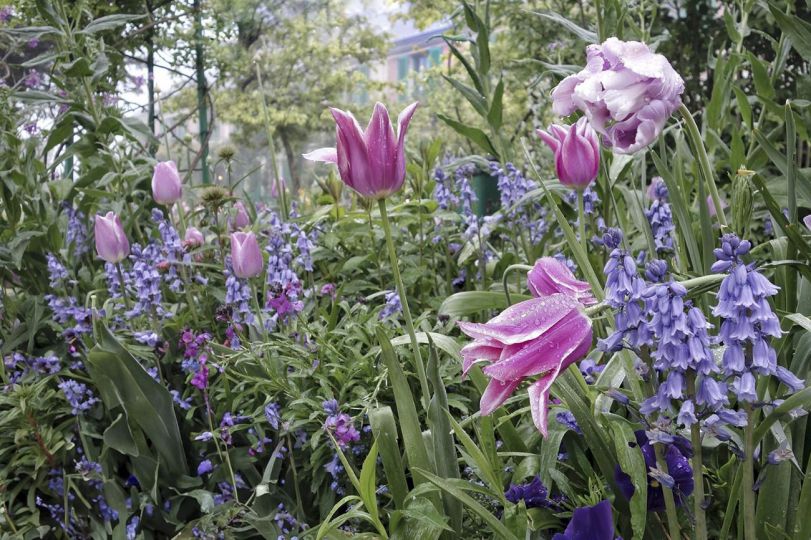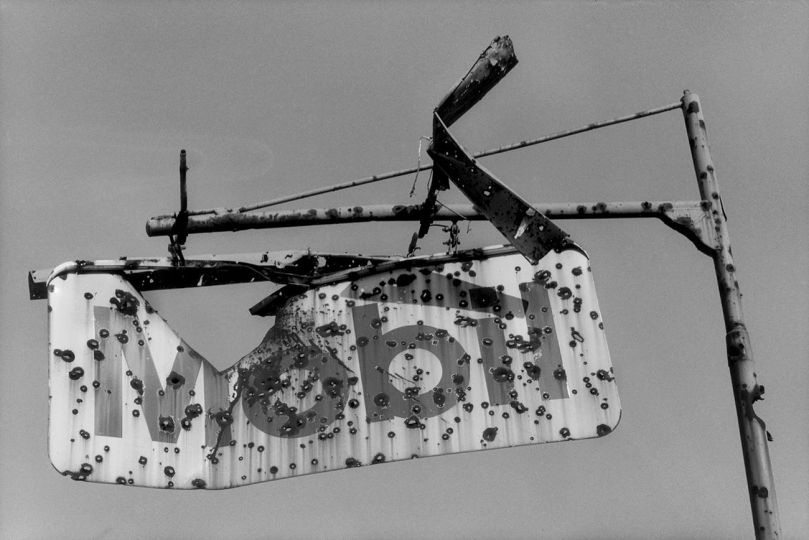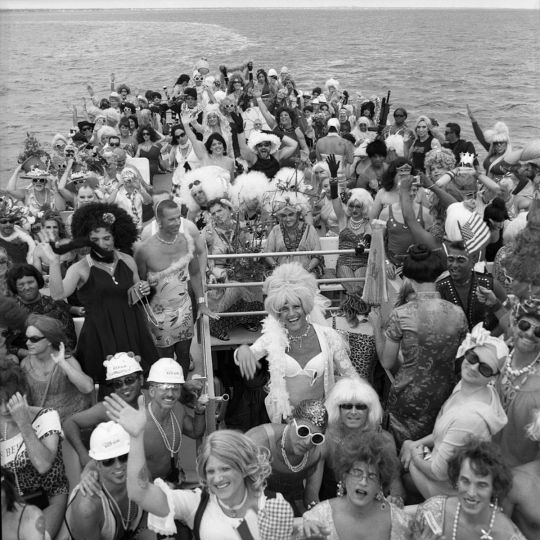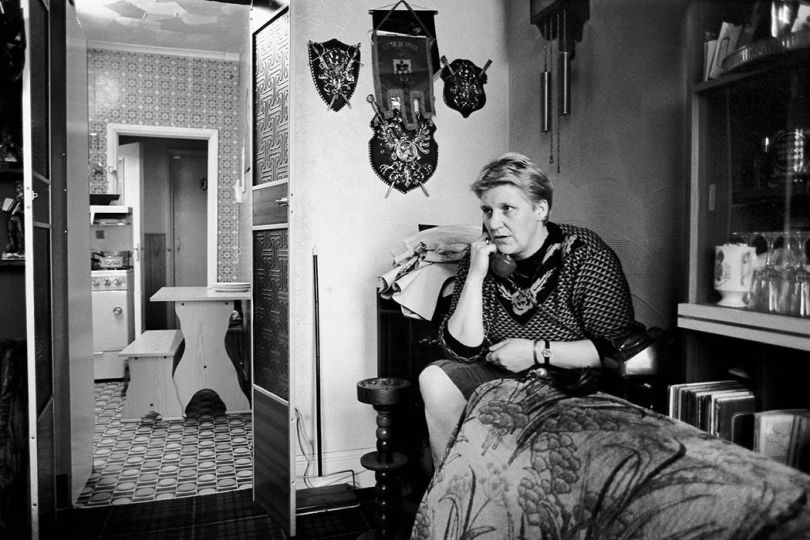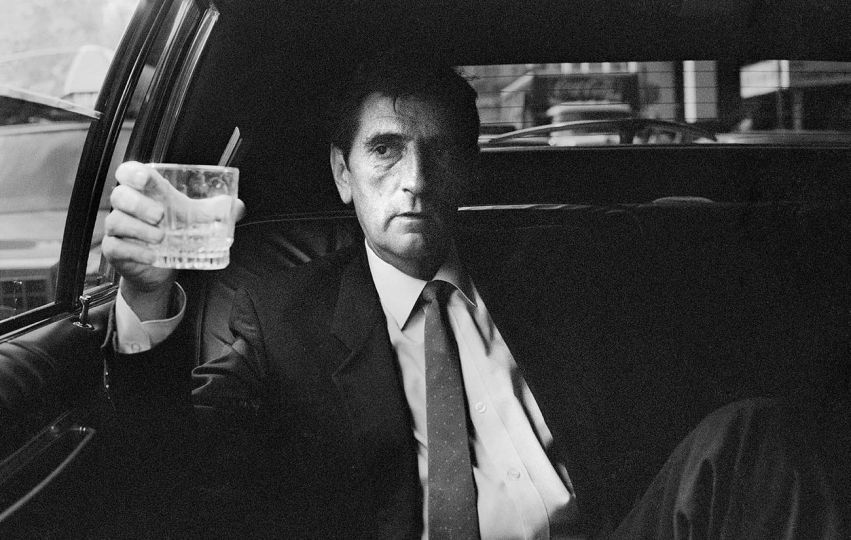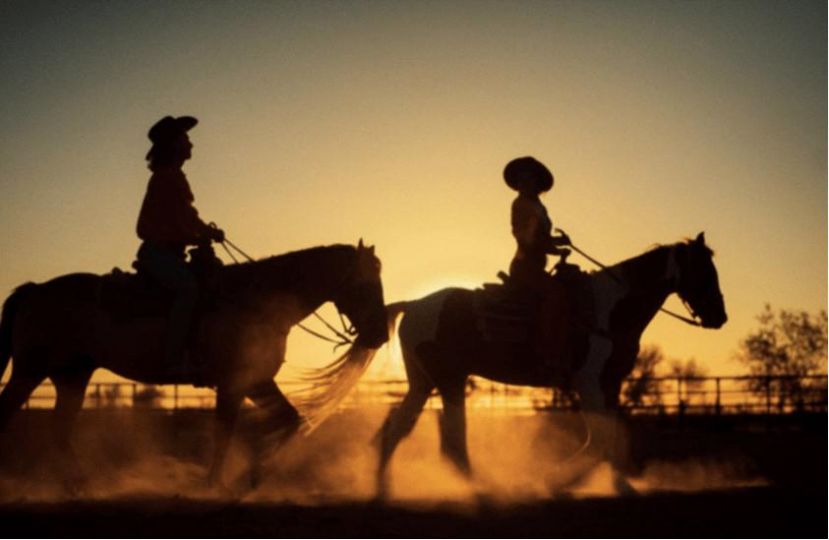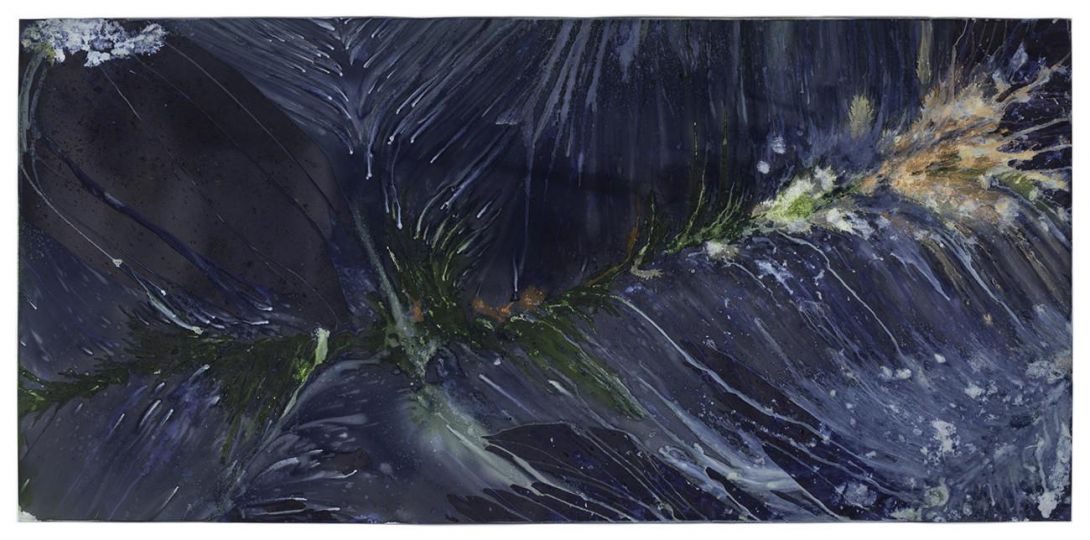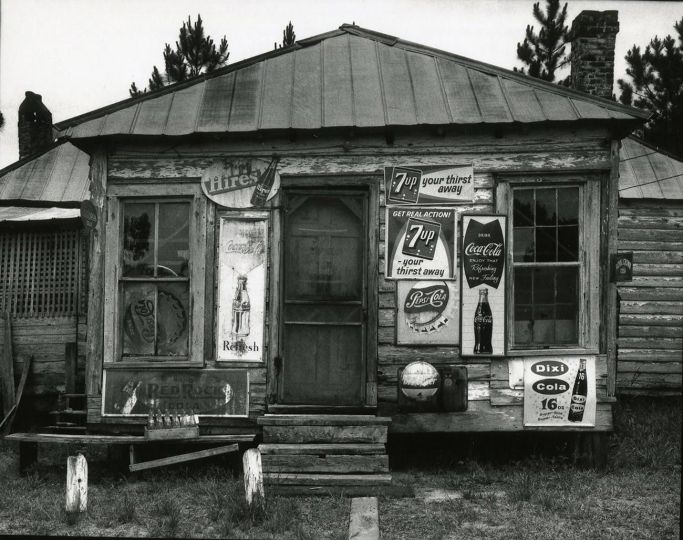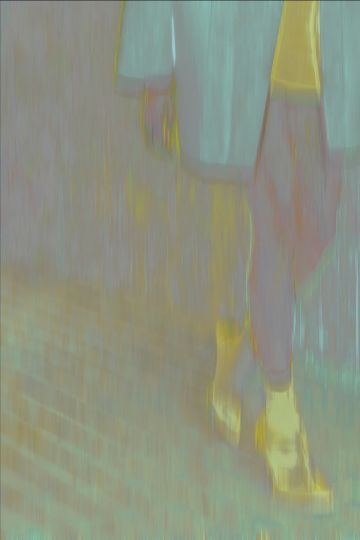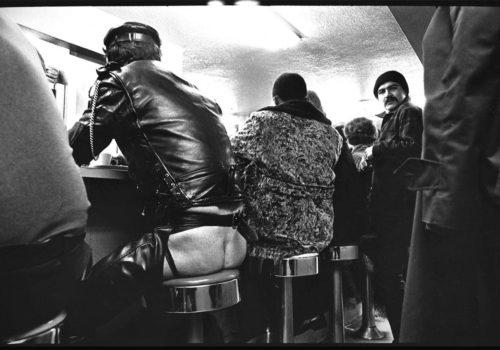We have great myths about our Egyptian army. One could write a whole mythology book. I often watch my children playing with Amazonian military characters on their PS3, and grow weary from watching the sheer destructivity they represent. When we heard in January “the army is coming, the army is coming”, we pictured these mythological creatures. It was as if they were swooping down from another planet; we all felt apprehension and anxiety. What would it be like to be ruled by a military force, at a time of revolutionary unrest? It just didn’t seem revolutionary by nature. And then they came. At first they looked dazed and confused.They had, after all, been woken from a thirty- year nap. They were thrown into our revolution, to do a job they didn’t feel like doing, a role they had not been trained to play.The media sent out shots of babies being kissed on top of tanks, children dancing with the berets, the population feeding the military popcorn and koshari. With every bite, they became more humanised. The line between the citizen and the superhero was blurring. I couldn’t help but notice their youth. Their wide eyes and tiny frames were so different from the usual security forces – the police – that had grown so familiar. They were kids; the sons of anxious parents, toting their guns like accessories of which they knew not the true burden. They stood awkwardly on street corners only because they were told to. They squinted at the cacophony of Cairo – the big city – clearly aching for the peace and quiet from which they had come. They mirrored the people in fact, a physical represent- ation of our confusion. By the end of February, the exhaustion on their youthful faces was tangible. Now that Mubarak was gone, their position was even more questionable; the leaders attempted to avoid a fall from the public’s graces. I wanted to hug them, to reassure then that everything would be OK.
The only thing I thought I could do was to transport these soldiers to places they might take solace in. Places of hope and asylum.Take them around on short little imaginary trips, on breaks from our shared perception of the real.
This is no Picasso’s Guernica. While I do not mean a comparison of our talents and methods, I do compare our subject matter. We are talking about war. Its harshness, its brutal inhumanity. My images portray its opposite: they become a series of pieces about military tenderness, virile coquetterie, and masculine frailty. It is a desire to document the other, more disregarded aspect of war. Not that of screaming pain – which undoubtedly occurs but which we fetishise too quickly – but the fear of panicked teenagers. The uncertainty of being thrown into a conflict you did not ask for. The consequences of playing the role you are dealt by an uncanny world seriously bent on masquerading.
Nermine Hammam
Curator: Michket Krifa

